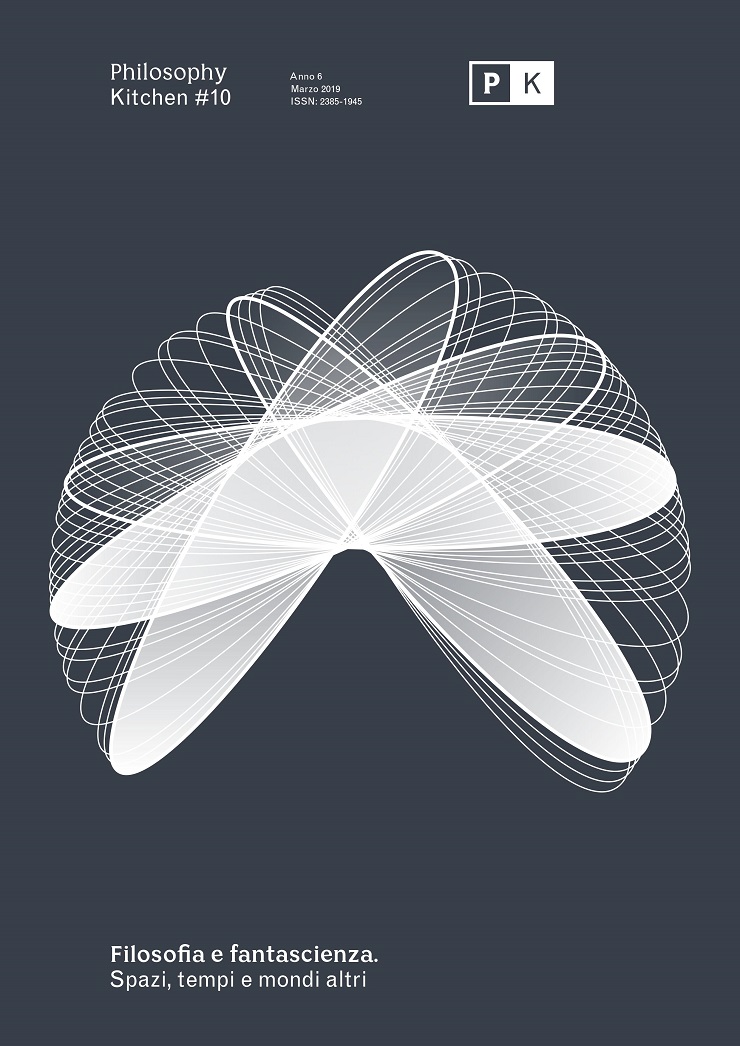Altri spazi, in controtempo: letture e visioni dalle nuove frontiere della fantascienza
Abstract
The utopia-dystopia dichotomy, a continuum which may summarize the range of visions (from uncritical positivism to apocalyptic pessimism) vis-à-vis modernity and postmodernity, has been more and more challenged and superseded in the science fiction of the latest decades through narrative constructions variously described as critical utopias and dystopias – akin to Michel Foucault’s notion of heterotopia. Starting with William Gibson’s 1984 Neuromancer, the «other space» par excellence in which the disembodied consciousness of interface cowboys perform their raids in the virtual territories of the new electronic frontier, heterotopias receive growing attention, in manifold variants across literature, film, and television. For a new generation of authors, Gibson’s cyberspace has reformulated interrogations (already explored in Philip K. Dick) on the boundaries between nature and simulation, as well as on the convergence between the human and the artificial, and in recent times readers/viewers have witnessed heterotopias assuming new shapes, across all media. Urban environments range from Gibson’s Bridge trilogy to the eco-collapse of Blade Runner 2049; space-travel settings rework the classic motif of the generation starship in Ursula K. Le Guin’s Paradises Lost while in TV series such as Battlestar Galactica and Farscape, the spaceship is a microcosm and a socio-political testing ground; planetary scenarios become an epic of the future in Robinson’s own Mars trilogy. Along with print fiction, among visual media television, rather than film, seems to provide the deepest sources of interest, from the theme park affected by the Technological Singularity in Westworld to the subversion of history’s reassuring familiarity in the dystopian alternate history of The Man in the High Castle. In the very latest years, the original voices of women writers such as Ann Leckie and Aliette de Bodard are redefining the genre’s imaginary, with their fusion between far-future space opera and a meditation on identity, personhood, gender, memory, and tradition In this essay, in the light as well of the recent theoretical and feminist work on the notion of the posthuman, we intend to explore the inner connections of the genre’s iconography as it resonated with some of the most urgent topics in contemporary scientific and theoretical debates, from climate change to the ethical debates raised by the emergence of artificial intelligences. Our approach, beyond all-too-frequent top-down macronarratives, is meant as a contribution to cultural-literary analysis that does not do away with respect for the genre’s own autonomy.





